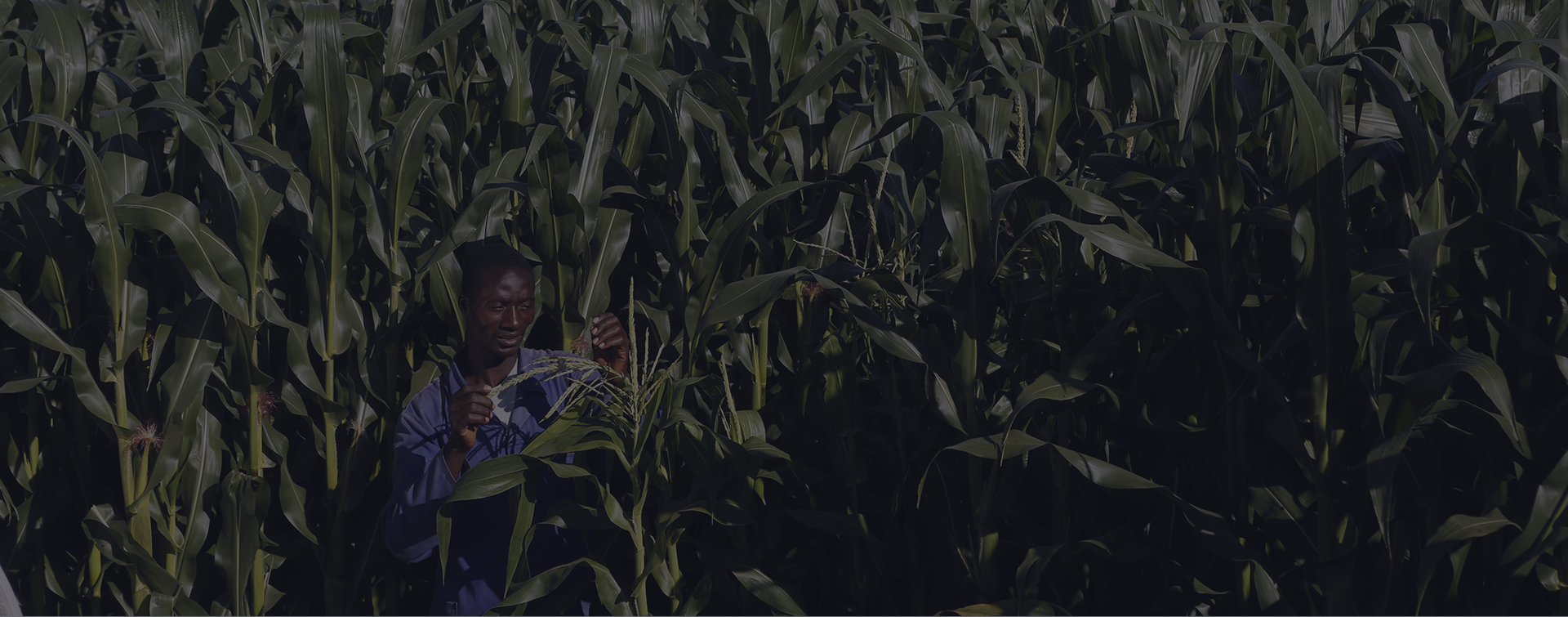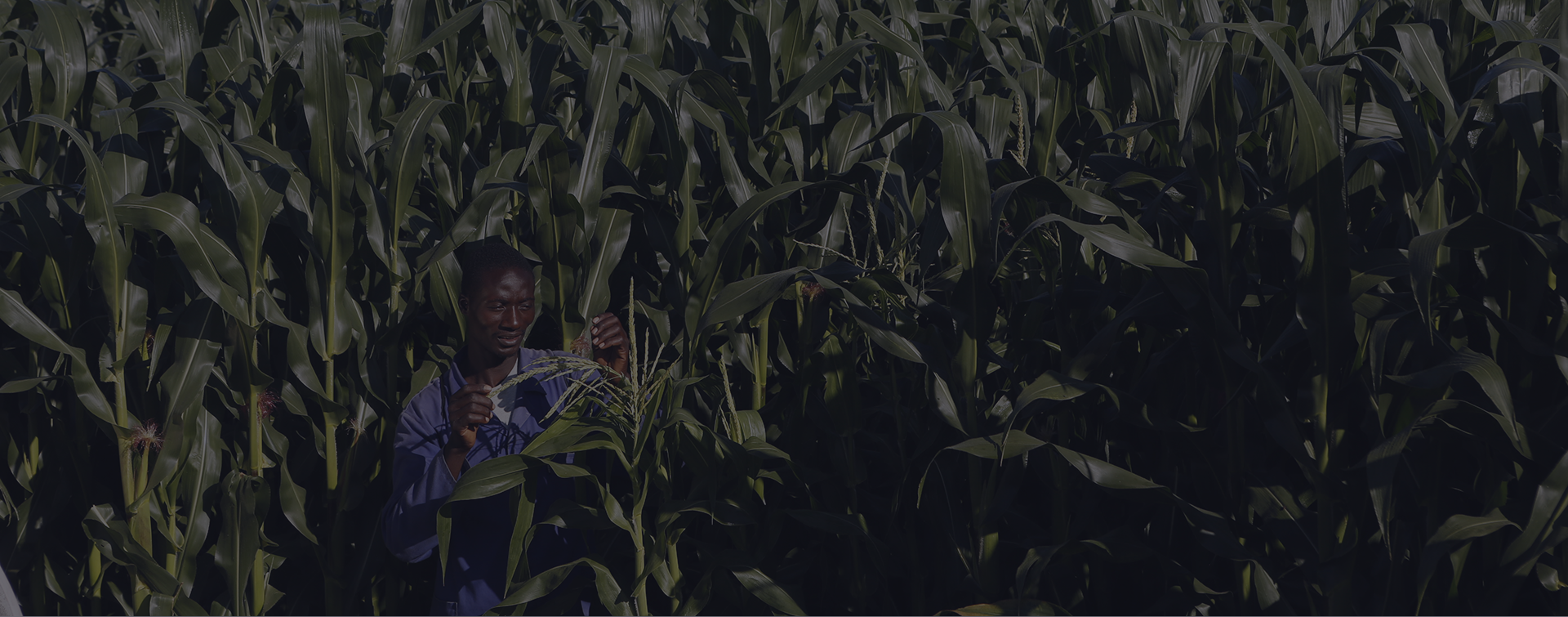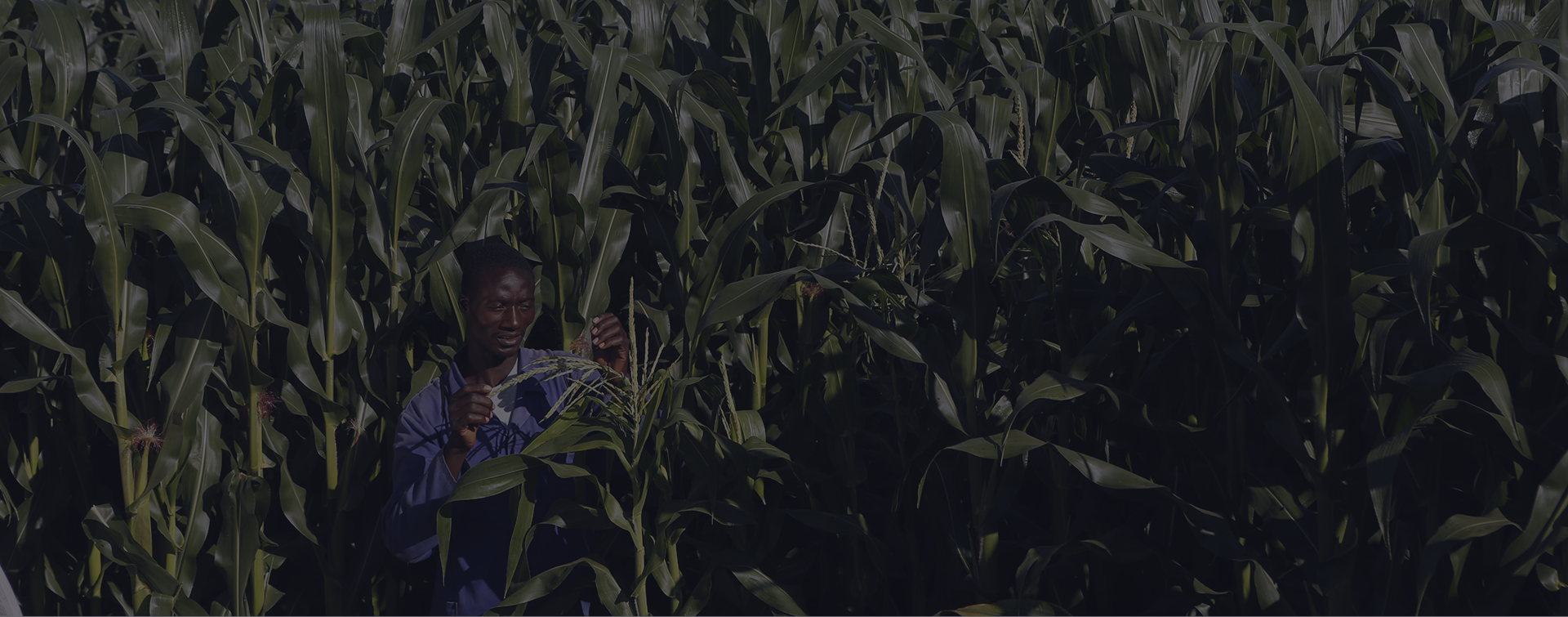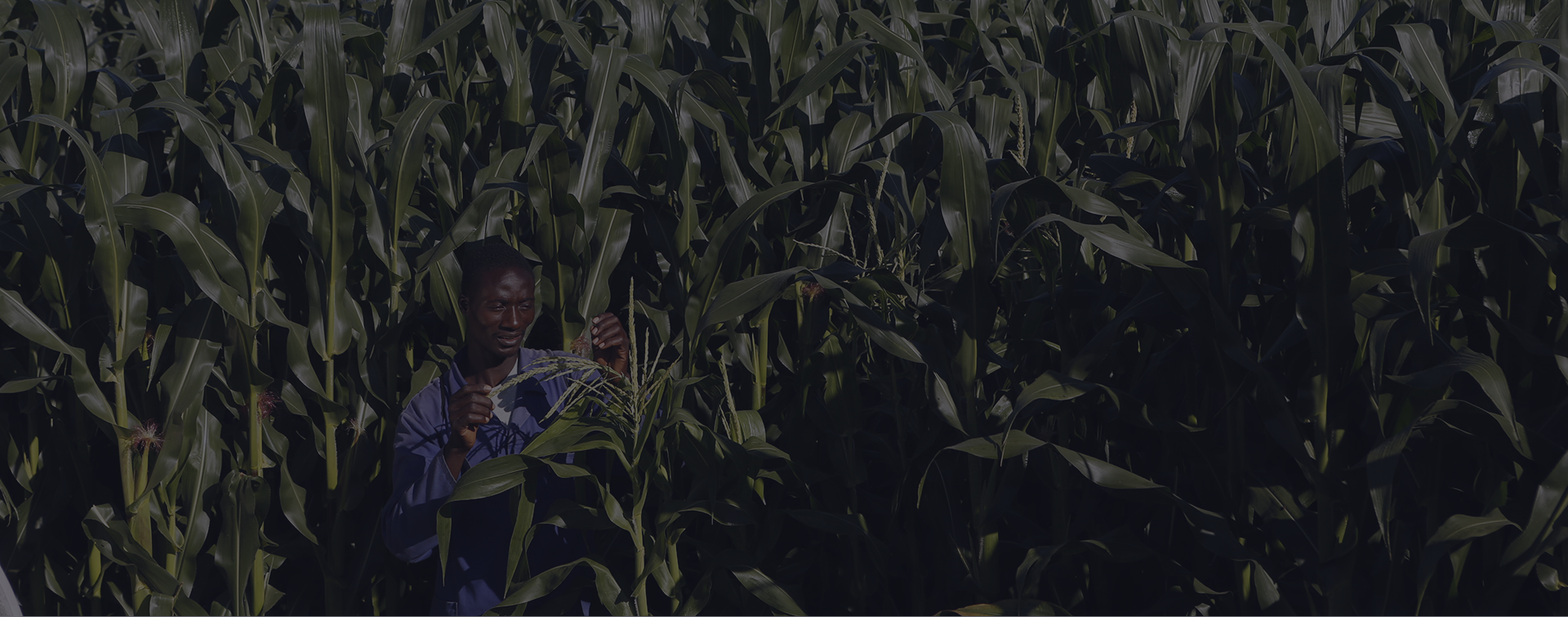
We Dream Big to Create a Future With More Cheers
Our purpose is to Dream Big to Create a Future with More Cheers -- a future that everyone can celebrate and everyone can share. Where we dream big to serve up new ways to meet life’s moments, move our industry forward, and make a meaningful impact in our communities and the world.
Goals
Beer is inclusive, natural and local. From building a resilient and agile value chain to solidifying our role as a trusted partner, to identifying and capturing new sources of business value, sustainability plays a key role in fulfilling our company purpose and enabling our commercial vision.
Inclusive
From thousands of farmers to millions of small retailers, to colleagues and consumers, we strive to improve livelihoods and increase access to opportunity. Our inclusivity extends to our beers. Going beyond an affordable and accessible category, we stand for better choices, which is why we promote moderation.
Natural
Beer is made from water and simple ingredients, grown locally and brewed with the aim to preserve our natural resources, so we understand the true value of the planet’s precious resources. We leverage nature-based solutions to develop resilience where it is needed most.
Local
We are the proud maker of more than 500 local brands, with 175 major breweries and operations in nearly 50 countries. We strive to keep our supply chains short, our impact direct and our boots on the ground. We believe in the future of local economies and invest in their well-being and resilience.
Ambition to Achieve Net Zero
We have an ambition to achieve net zero emissions across our value chain by 2040.

Our Goal
Our business depends on high-quality agricultural crops from thriving communities and healthy ecosystems to brew our beers. We explore how agriculture can help reduce GHG emissions, protect watersheds and improve biodiversity. Beyond the environmental aspect, we know the impacts of climate change in agriculture are closely linked with the social and economic challenges farmers face across the globe.
Our Strategy
Our six priority crops (barley, hops, cassava, maize, rice and sorghum) are in scope for our 2025 Smart Agriculture Goal. We take a farmer-centric approach in supporting sustainable agriculture and leverage our direct, local connections to farmers through our agronomists and researchers on the ground. To help build resilient agricultural value chains and food systems, our initiatives address the environmental aspects of farming as well as the socio-economic elements that are so closely linked.
Supporting climate resilience and biodiversity
Globally, farming practices over the last century, along with the effects of climate change, have inadvertently weakened soil health, threatened water resources and exacerbated biodiversity loss. We are working in our agricultural value chains to address these integrated issues using a collaborative systems approach to help improve soil health and farmer productivity, protect and restore water resources and biodiversity and mitigate the impact of climate change for more resilient communities.
Our soil health framework, developed in partnership with The Nature Conservancy, helps our agronomists and researchers design and measure the impact of soil health, water and biodiversity initiatives in the field. The framework creates a common set of goals and a suite of agronomic practices and implementation strategies that our zone teams can tailor to the realities of local farmers and agroecological context.

Our Goal
More than just a key ingredient in our products, water is a critical resource for the health and well-being of communities around the world. Scarcity of freshwater resources is not just an important issue for our company. It is vital to the economic, social and environmental well-being of our communities.
Our Strategy
Water is a complex, multifaceted issue that is closely linked to many other sustainable development issues. As the world’s leading brewer, we are focused on being part of the solution to water challenges across our communities and value chain.
We address water stewardship:
- Within our operations by aiming to drive water use efficiency, responsible discharge and effluent re-use
- Beyond our brewery by investing in shared water security and watershed health through partnerships
- In local communities by promoting and supporting water access and disaster relief efforts
- Across our value chain by promoting water security through our brands, key brewing materials and engaging major suppliers
- As a company by contributing to the broader water landscape through innovation, policy engagement and thought leadership
Supporting climate resilience and biodiversity
Water and climate change are inextricably linked, as evidenced by more frequent and intense weather events such as floods, droughts, heatwaves and wildfires. Sustainable water management is central to building the resilience of societies and ecosystems and ensuring the continuity of our supply chain.
We developed a water risk assessment tool that leverages external data sources and input from our local teams to review our operational risk globally on a quarterly basis. Using this tool, we have identified and continue to prioritize our sites that are located in high-stress areas.
To help us identify specific local watershed challenges and the appropriate solutions to address them across our high-stress sites, we have developed and implemented a seven-step watershed management process.

Our Goal
Taking a circular approach to packaging and improving the materials we use have the potential to deliver long-term financial benefits, provide our business with long-term packaging supply security and help eliminate waste.
Our Strategy
By focusing on innovative packaging solutions and using our scale, we believe we can drive progress and change in our industry and beyond.
Our approach is based on four principles:
- Reduce packaging and the need for virgin materials
- Increase the availability and use of recycled content
- Promote the recovery and reuse of packaging
- Rethink our packaging and distribution models
Upstream, downstream and everything in-between
We take a holistic approach to tackle waste and develop scalable, practical solutions that can be implemented across our value chain. Beyond developing packaging technologies in-house, we are also supporting partners, consumers and recyclers through education, investments and collaboration.
We are strengthening local recycling ecosystems by investing in our value chain to recover returnable glass, from working directly with waste collectors to enabling consumers to return empty bottles more easily, either through our direct-to-consumer (DTC) platforms or on-site at one of our retailers.
An innovation-driven strategy
We are using our packaging design and brand innovation capabilities to rethink our packaging and distribution models. One way we do this is by working closely with our Global Innovation and Technology Center in Belgium to assess, develop and implement sustainable packaging technologies. We have defined clear priorities with our development teams as they search for ways to reduce, reuse, recycle and rethink our packaging materials.

Our Goal
Our business is closely tied to the natural environment and we are already experiencing climate-related impacts in local communities across our value chain.
Our Strategy
In 2021, we announced our ambition to achieve net zero across our value chain by 2040. This ambition was a natural extension of the science-based goal we set in 2018 that aligns with reduction requirements to limit global warming to 1.5°C. We are committed to transforming our operations and reducing our emissions in line with levels required to meet the goals of the Paris Agreement.
Embedding sustainability in our business strategy
We are committed to reducing emissions across the value chain (Scopes 1, 2 and 3). Our approach is:
- Strengthened by inclusivity: We believe collaboration is key to decarbonizing our value chain. That is why we engage the wider industry by partnering with suppliers, retailers and startups with innovative climate solutions.
- Underpinned by nature-based solutions: Engagement with farmers in our value chain will help scale regenerative agriculture practices to enrich soil health while increasing carbon capture. We also believe implementing nature-based solutions can improve watershed health and help tackle climate change.
- Focused on local impact: We prioritize local emissions reduction in our operations and across our value chain, including through investment to drive local innovation.
As a best practice, we are committed to working on decarbonizing our operations in alignment with the levels set by the best available science. Our approach considers:
- Science Based Targets Initiative (SBTi) for setting and validating our climate goals and ambitions
- Recommendations from the Task Force on Climate-related Financial Disclosures (TCFD) for disclosing our risks and opportunities related to climate
- GHG Protocol to measure, manage and report GHG emissions across our value chain



